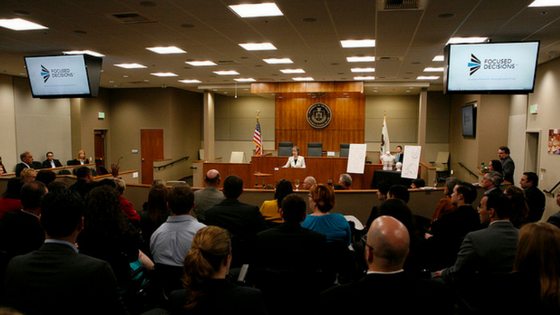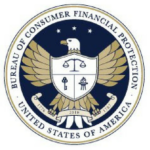A judge for the District Court for the Northern District of Illinois has denied a motion to dismiss a lawsuit from a collection agency after it was sued by an individual alleging the company violated the Fair Debt Collection Practices Act because it did not list all the ways that the individual could revoke consent to have a payment automatically withdrawn from her bank account.
The defendant included the following language in a letter informing the plaintiff that she could authorize electronic payments of the debt by informing the agency which bank it could use to withdraw the payments.
You may cancel this Authorization by calling us toll free at the listing on the front of this letter at least three business days before you wish the cancellation to be effective.
However, under Regulation E, a rule under the Electronic Funds Transfer Act, an individual can also cancel an automatic payment by contacting the institution directly. Because the defendant did not include this information in the letter, the plaintiff sued, alleging a violation of the FDCPA, specifically Section 1692(e), which prohibits collectors from using “any false, deceptive, or misleading representation or means in connection with the collection of any debt.”
Judge Gary Feinerman ruled that a least sophisticated debtor might be misled by the information in the collection letter and not know that the bank can also be contacted.
The statement is not misleading on its face because it does not assert that calling NCB is the exclusive means of cancelling electronic payments. But it is plausible that an unsophisticated debtor – who would be unaware that Regulation E permits her to cancel the payments by calling her bank – would conclude that the sole means of cancellation listed in the letter (calling NCB) is the only one available.
A copy of the ruling in the case of Williams v. NCB Management Services can be accessed by clicking here.









